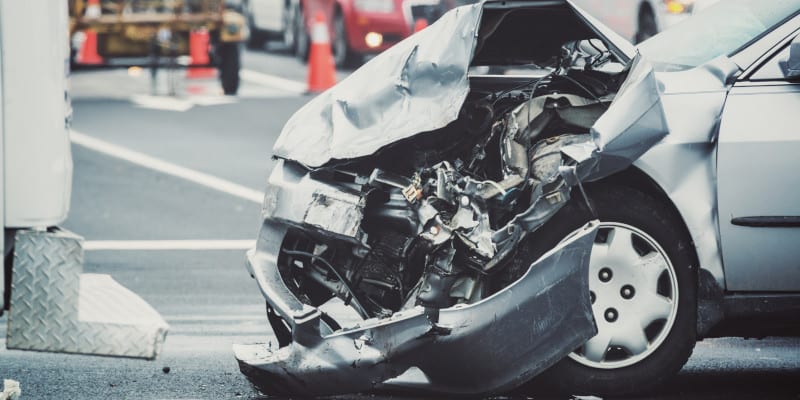I Got in a Car Crash. Do I Need an Auto Accident Lawyer? (Part 2)

Returning to our Three Questions Series, let’s look at some of the specific reasons you need an auto accident lawyer if you’ve been injured in a car crash. So many people, indeed even inexperienced lawyers, or perhaps lawyers who “dabble” in personal injury, believe that handling personal injury cases is simply ordering a few medical records, getting them to the insurance company, and getting you a few dollars. Let me assure you: nothing could be farther from the truth.
I’m going to give you a list of terms. If you have never heard of these terms, or only loosely understand what they mean or how they interact, you need to hire an auto accident lawyer to handle your personal injury claim.
That list includes:
- Medpay
- Contributory Negligence
- UM/UIM Coverage
- Medpay Coverage
- HIPAA
- Medicare/Medicaid Reimbursement
- ERISA
- Subrogation
- State Employees Health Care Plan
- Lien
The above is a non-exhaustive list of critical issues/terms that are part of any personal injury case. We’ll take an in-depth look at several of these topics in future posts, but be aware that all of these issues arise in virtually every personal injury case.
In every case, an auto accident lawyer needs to look towards sources of coverage that might apply. Does the at-fault driver have insurance that will provide coverage for your damages? Is their insurance required to pay you? (Short answer: no. Only a jury can make anyone do anything.) If the at-fault driver doesn’t have insurance, or doesn’t have enough insurance, will your uninsured/underinsured motorist coverage compensate you, and do you know what that coverage is and how it applies? Do you have applicable medpay (what is medpay, you ask?) that can help with copays/coinsurance in the short-term while you wait to resolve the claim? Does using your medpay make your rates go up? If you don’t know the full details on these sources of coverage, what they are and how they apply, you’re potentially missing key issues.
With any case, there will be medical bills. Making sure that bills, balances and health insurance are properly paid back is called the law of subrogation. Most people intuitively understand that they will have to pay a hospital or doctor for any bills associated with their car crash. Be aware that simply submitting those bills to the other driver’s auto insurance company doesn’t mean the insurance company will automatically agree to pay them. Also be aware that depending on what type of health insurance you have, IF you make a recovery, you may well be required to pay back your health insurance. A right to repayment in the event of a recovery is called “subrogation.” Your health insurance company’s right of repayment is below, or subrogated, to your own claim. Then, of course, there’s Medicare and Medicaid, both of which have an independent cause of action against an at-fault party (though admittedly I’ve never once seen the federal government sue an at-fault driver in an attempt to collect on their lien).
If all of these terms seem complicated and it seems like I haven’t fully gone over them as part of this post, be aware that they are and that I haven’t. These types of issues are why you need to hire an auto accident lawyer to handle your personal injury claim. Don’t wade in unprepared and get caught off guard.
